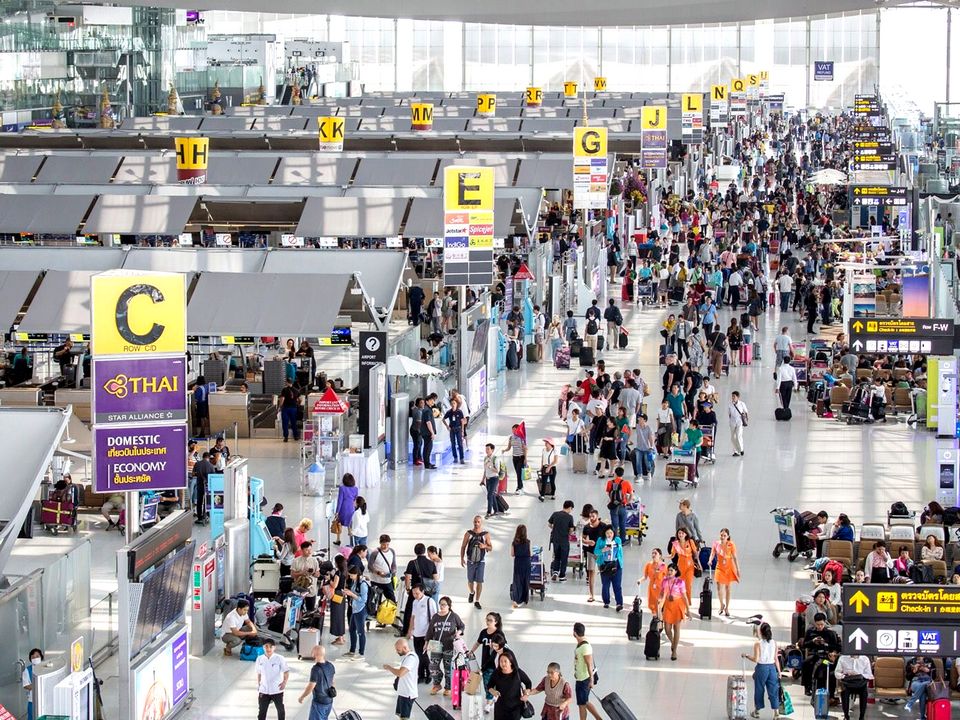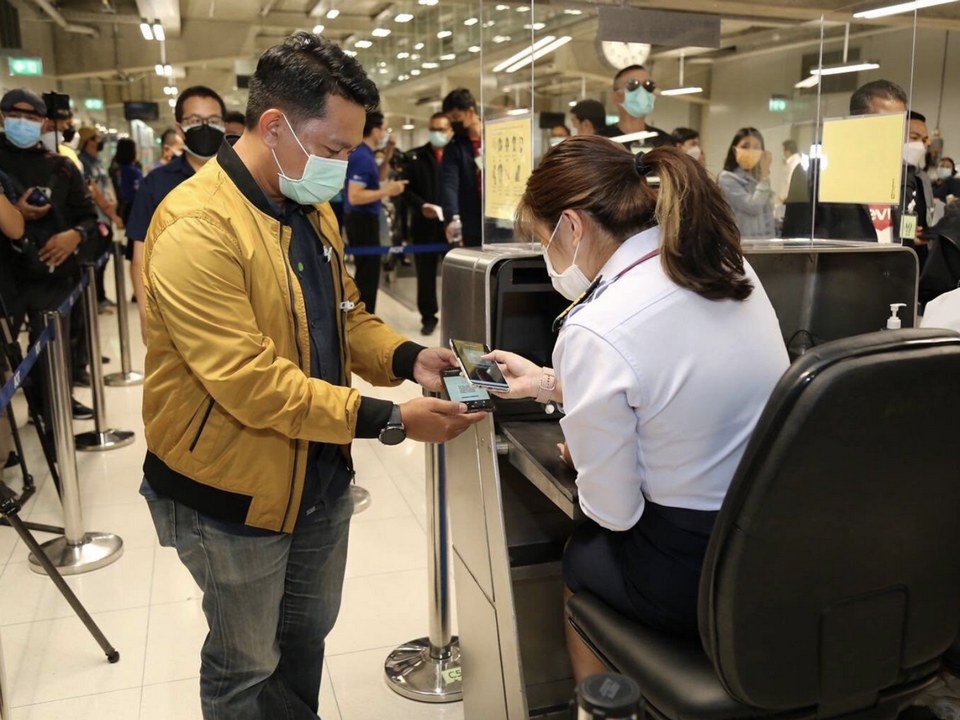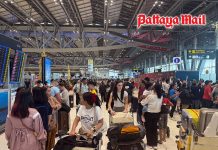
Thousands of potential tourists, with airtickets dated December 16 and beyond, have been told to delay applying for Thailand Pass approval until December 1. They include vacationers from 63 Test and Go countries which include UK, most of Europe, US and Australia.
Thai government websites have confirmed that, from December 16, these entrants will no longer need to book a pre-arranged, approved hotel to organize an RT-PCR Covid test and confine them to their room overnight until the result is known. That has gone.
Instead, arriving passengers will simply take a rapid antigen test (ATK), wait a few minutes for a negative result and proceed freely under their own steam. However, it isn’t clear yet when and how the ATK test will be performed. The Tourist Authority of Thailand website merely states that fuller details will soon be available via the Royal Gazette.

One theory is that arriving passengers under Test and Go will still need to be transported to their hotel to hang around in the corridors for 20 minutes awaiting the result of the antigen test. This solution, though possible, is not likely to prove popular with either visitors or hotel managements. Most hotels want to sell accommodation rather than just taxi rides or medical clearance.
Another idea is to test everyone on arrival at Bangkok airport which, in theory at least, would delay passengers only by a few minutes pending status confirmation. This solution has been adopted by Cambodian authorities for entry via Phnom Penh or Siem Reap. On the other hand, Cambodia is a much smaller country with far fewer arrivals.
A third idea, based on British practice, is to require incoming passengers to self-administer an ATK test within 48 hours of arrival and send the result to a special email address of the Thai health ministry. Because immigration control would know their passport details, foreigners who declined to follow the rules would be subject to penalties sooner or later.
There is also the point that most incoming passengers are supposed to register their Thai address at local immigration under the TM30 rules. This can be done on their behalf by the hotel or the host, or by the visitor himself or herself. Although TM30 have been relaxed in the last two years, registration is still required of new foreign arrivals. Failure to do so is subject to heavy fines.
Others matters awaiting clarification include arrivals by sea or land. For those arriving lawfully on a cruise ship or water transport, there is no confirmation yet how exactly they will be tested for Covid after stepping off the boat. The Friendship land border between Thailand and Laos is scheduled for general reopening on December 24, but precise detail there is not yet available.
Meanwhile, the Cambodian land borders at Aranyprathet and Poipet are rumored to be opening soo: but only for goods traffic, returning residents and market stall holders. Recent meetings of provincial governors along the border regions did not refer to foreign tourists or visa-runners wanting another extended stay in Thailand.
No matter how the details on Thailand’s reopening work out, all incoming passengers by land, sea and air will need to qualify for the Thailand Pass. This in turn will require proof of US$50,000 medical insurance, a negative PCR test within 72 hours of departure and whatever extra documents you might need. The paperwork remains. You can bet on it.
 |
 |
 |





